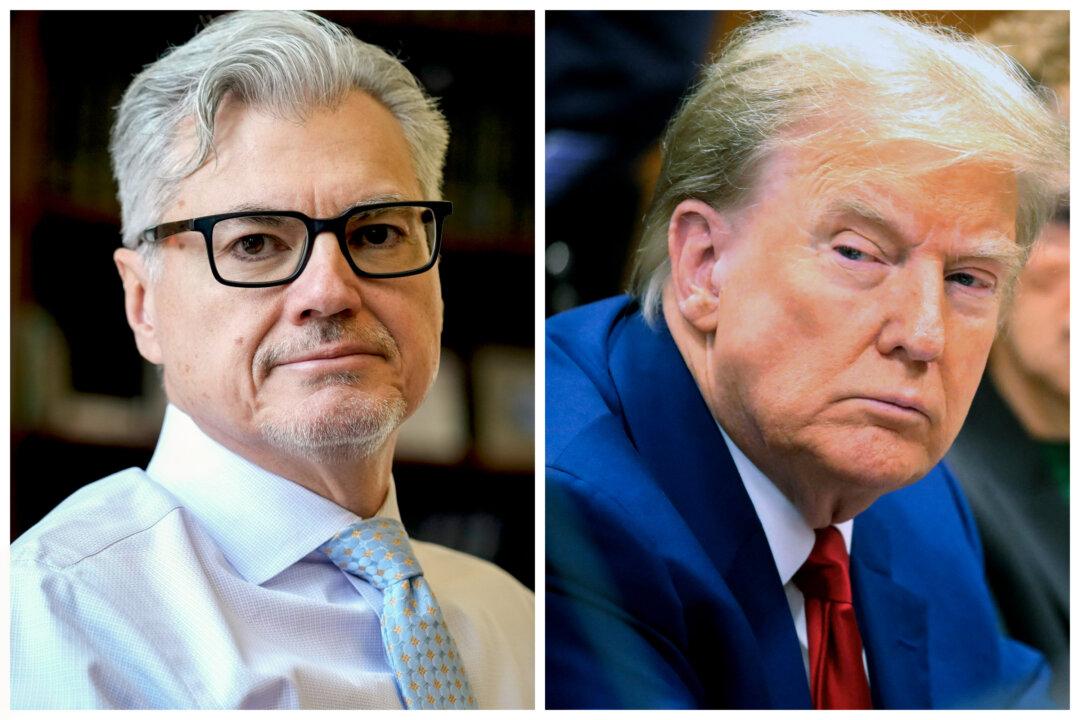New York Supreme Court Justice Juan Merchan is expected to rule by Nov. 12 whether President-elect Donald Trump can avoid sentencing later this month due to questions surrounding his immunity under the Constitution.
Trump has asked Merchan to reject New York District Attorney Alvin Bragg’s indictment related to a payment made to adult film actress Stephanie Clifford, also known as Stormy Daniels. A jury found Trump guilty of various related felony counts of falsifying documents.





